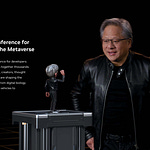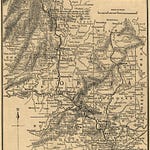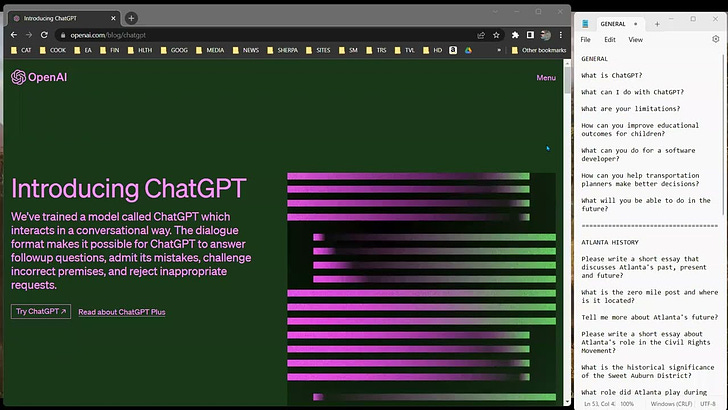In this episode…
ATLsherpa Update
PAST: Are we losing interest in history?
PRESENT: The Great Acceleration
FUTURE: Hopping through 2023 (Year of the Rabbit)
Don't know much about history
Don't know much biology
Don't know much about science books
Don't know much about the French I took
But I do know that I love you
And I know that if you loved me too
What a wonderful world, this would be
Sam Cooke (1960)
"Wonderful World" is a song by American singer-songwriter Sam Cooke. Released on April 14, 1960. The song was mainly composed by songwriting team Lou Adler and Herb Alpert, but Cooke revised the lyrics to mention the subject of education more. Herman's Hermits charted with their recording of the song in 1965, reaching number four in the United States and number seven in the United Kingdom, respectively. A remake by Art Garfunkel with James Taylor and Paul Simon charted at number 17 in 1978. The Sam Cooke version was featured in the 1978 film Animal House and gained greater recognition in the UK upon a 1986 re-release when it peaked at number two on the UK Singles Chart, going silver (it had peaked at number 27 on the UK singles chart on first release in 1960). Its 1986 success was attributed to sound-alike versions featured in the film Witness (1985) and a Levi's 501 television commercial. Lou Adler and Herb Alpert composed the song with the theme that neither knowledge nor education can dictate feelings, but that love "could make the world a wonderful place."
Sherpa Cafe Update
Sherpa Cafe — First 14 episodes based on the “Heritage Travel Itinerary for Atlanta” produced by the National Park Service
71 historic places and points of interest
Now archived as “Legacy Itineraries” but available upon request
Have you listened to those first 14 episodes??
PAST: Are we losing interest in history?
Personal experience
Observations as a tour guide from 2014 — 2021
Join the conversation in the comments section below…
Are we losing our interest in history?
Does it matter? How so?
What led to the decline?
What can we do about it?
Inequality affects our physical and mental health, our ability to get along with one another and to make our voices heard and our political system accountable, and, of course, the futures that we can offer our children. Lately, I’ve noticed a feature of economic inequality that has not received the attention it deserves. I call it “intellectual inequality.”
That’s what history does best. It locates us and helps us understand how we got here and why things are the way they are. “History instills a sense of citizenship, and reminds you of questions to ask, especially about evidence,” Willis told me. In a follow-up e-mail after our conversation, Mikhail wrote, “A study of the past shows us that the only way to understand the present is to embrace the messiness of politics, culture, and economics.”
From The Decline of Historical Thinking by Eric Alterman — New Yorker, Feb 2019
PRESENT: The Great Acceleration
The Experience Economy
Epicurean Atlanta — Inspired by urban chic design elements and modern styles
Lifetime Buckhead — 5-story 'athletic country club' with 'rooftop beach club'
Nobu Hotel — A-list-grade restaurant and hotel combo in Buckhead with Robert De Niro’s stamp of approval
Rooftop L.O.A. (Leave of Absence) — “A first-of-its-kind transportive experience in Atlanta”















